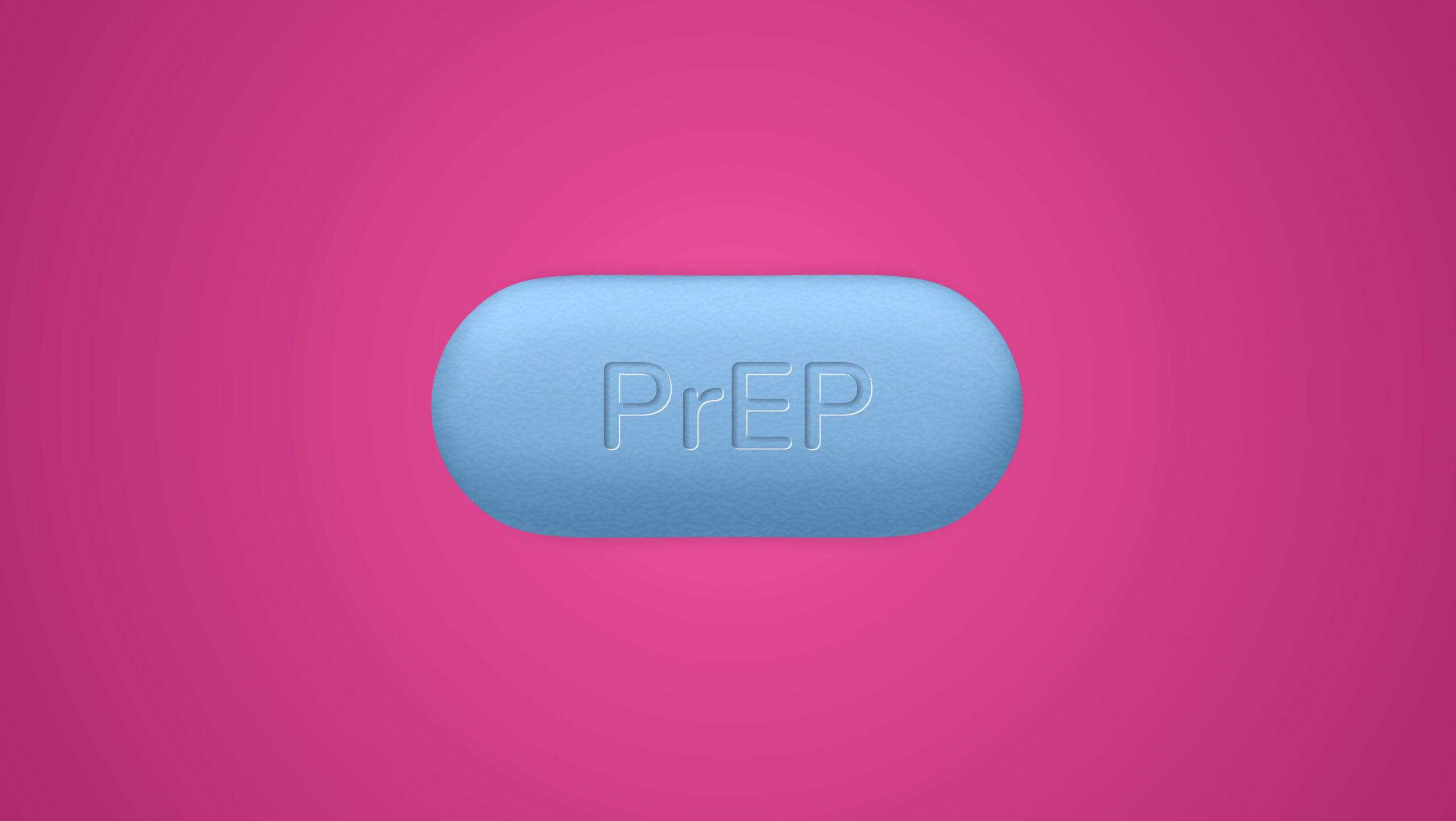A seventh person in the world is reported to have contracted HIV while taking PrEP.
Here’s the background
Steve Spencer, 27, tested positive for HIV in December 2018, even though he had been using pre-exposure prophylaxis (commonly known as PrEP) for several years. Spencer was prescribed the “on demand” dose, which means he took a higher dose before and up to 48 hours after sex.
His story garnered significant attention when he disclosed his HIV status during the 41st Sydney Pride parade earlier this month. In an interview with Australia’s Star Observer, Spencer says there’s no better way to come out as living with HIV than on a float surrounded by people living with HIV and their allies.
Spencer is believed to be the seventh person globally to be diagnosed with HIV while taking PrEP. The first case happened in 2015 and last known case was reported in California in October 2018.
In his interview with the Star Observer, Spencer says he doesn’t consider his case as a failure of the preventative treatment.
“What happened to me doesn’t change the fact that PrEP is still the most powerful HIV preventative we have ever had,” he says.
What is PrEP? Here’s a refresher
Pre-exposure Prophylaxis or PrEP is a way to prevent HIV-negative people from contracting an HIV infection. According to the Centers for Disease Control and Prevention (CDC), Truvada (which is used as PrEP) contains two medicines, tenofovir and emtricitabine, that are used in combination with other medicines to treat HIV. These medicines can keep the virus from establishing a “permanent infection.”
In 2018, there were 380,000 people taking PrEP worldwide and when used consistently it reduces the risk of HIV-infection by more than 90 percent. The CDC says PrEP is more effective when combined with condoms and other preventative measures. The agency also advises that people should commit to taking the pill every day and seeing their healthcare provider for a follow-up every three months.
“[PrEP is] protecting hundreds of thousands of people from HIV in an empowering way, alongside effective treatment for people living with HIV,” Spencer told the Star Observer.
Should you be worried?
When the sixth person on PrEP was diagnosed with HIV last year, Dr Stephanie Cohen, medical director at the San Francisco City Clinic, said in an interview with NBC News that PrEP is working as expected: “There’s a part of you that starts to think, ‘Maybe this is 100 percent effective, because this is so amazing.’ Nothing is 100 percent effective, unfortunately.”
However, Cohen added that Truvada is still incredibly effective especially considering that there are millions of new HIV cases globally each year.
In all of the previous cases in which people contracted HIV while using PrEP, they responded quickly to treatment and became undetectable. Spencer says he has worked on reducing his viral load and is now undetectable.
In a recent interview with NBC News, Dr Anthony Fauci, director of the National Institutes of Allergy and Infectious Diseases (NIAID), says cases like Spencer are notable because they are so rare.
“You don’t tell people, ‘Don’t use condoms anymore,’ because there are failures with condoms, but there are likely more failures with condoms than with PrEP,” he says.
According to a study, condoms are 80 percent effective at stopping HIV infections; and since PrEP has a lower rate of failure, this makes PrEP more effective.
In the same interview, Fauci says, “It doesn’t lessen in any respect my strong feeling that PrEP is a very strong tool to prevent the acquisition of HIV infection.”
So, should you be worried? The short answer is no. But make sure to learn more about PrEP and consult your health-care providers.


 Why you can trust Xtra
Why you can trust Xtra


